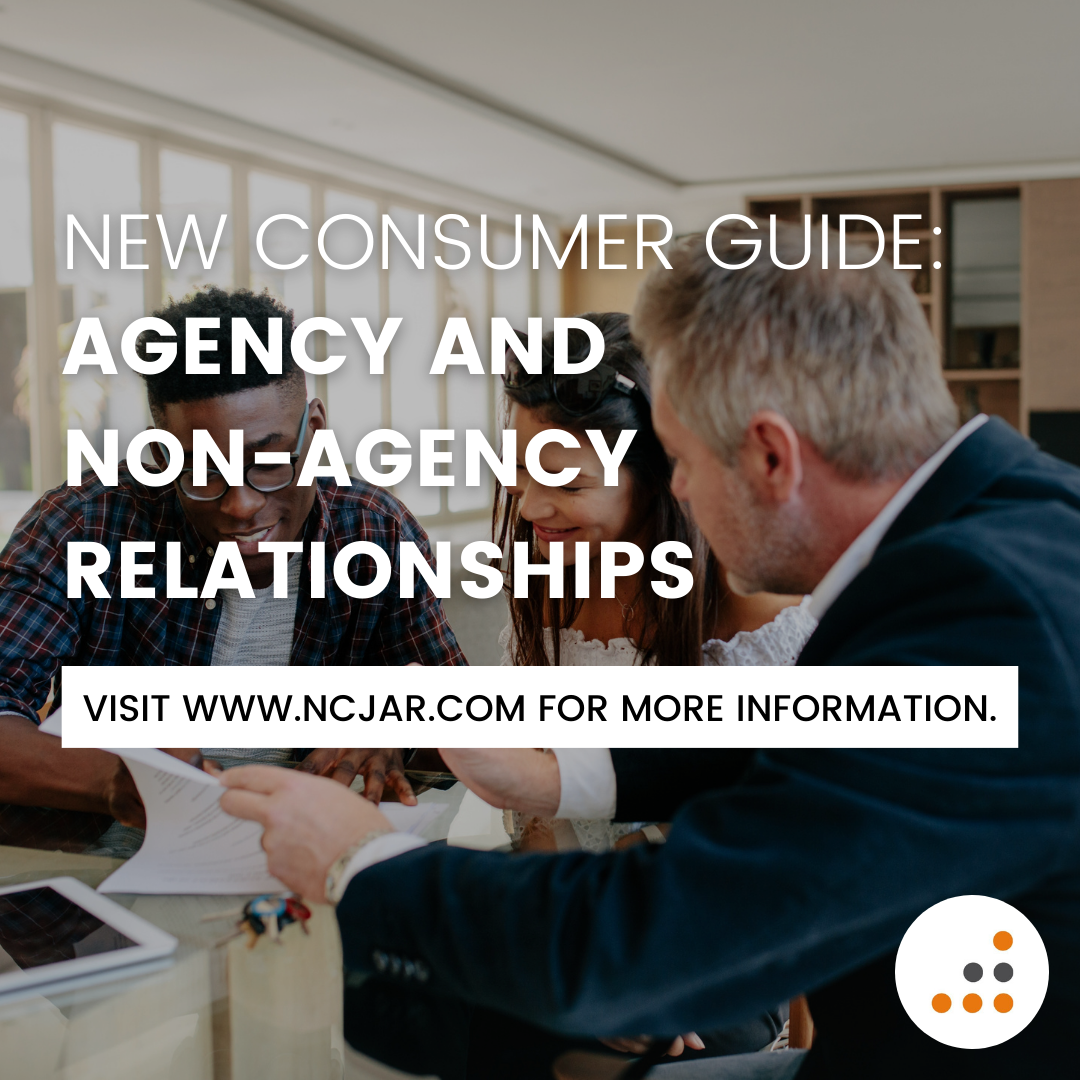 When buying or selling a home, you’ll encounter different types of professional relationships—agency and non-agency—between buyers, sellers, and real estate professionals. These relationships are defined by state law and vary depending on where you live. Here’s what you need to know:
When buying or selling a home, you’ll encounter different types of professional relationships—agency and non-agency—between buyers, sellers, and real estate professionals. These relationships are defined by state law and vary depending on where you live. Here’s what you need to know:
What Does It Mean for a Real Estate Professional to Be My "Agent"?
A licensed real estate professional acts as your agent when you hire them to represent you in buying or selling a home. This relationship creates specific responsibilities and duties:
- Seller’s Agent: A seller’s agent works on behalf of the seller to achieve the best price and terms. Sellers typically formalize this relationship through a listing agreement. The agent has fiduciary duties to the seller, meaning they must act in the seller’s best interests.
- Buyer’s Agent: A buyer’s agent represents the buyer’s best interests throughout the home-buying process. Often, buyers sign a written agreement outlining the terms of this relationship before touring homes.
What Types of Agency Relationships Are There?
Here are some of the most common agency arrangements:
- Single Agency: The agent represents only one party—either the buyer or the seller—in the transaction.
- Dual Agency: In states that permit dual agency, an agent can represent both the buyer and seller in the same transaction. Disclosure and informed consent from both parties are typically required due to potential conflicts of interest.
- Subagency: In a subagency relationship, the agent works with the seller’s agent to bring buyers to the property. A subagent’s fiduciary duties are to the seller, and they cannot act in ways that disadvantage the seller.
- Designated Agency: In this arrangement, agents from the same brokerage represent both the buyer and seller. The brokerage assigns separate agents to each party to minimize conflicts of interest. Disclosure and consent are usually required.
What About Non-Agency Relationships?
Non-agency relationships occur when a real estate professional provides services without representing either party. For instance, a transaction broker or facilitator acts as a neutral third party, helping both sides negotiate terms without fiduciary duties. State laws determine whether non-agency relationships are permitted.
Do I Have to Enter Into an Agency Relationship?
No. You can choose any type of professional relationship allowed under state law. It’s essential to understand your options and select the arrangement that best suits your needs.
Where Can I Find a Real Estate Agent?
NCJAR makes it easy to find an agent. Visit NCJAR.com and click the “Find an Agent” link under the Consumer tab to connect with a trusted professional in your area.
Understanding the type of relationship you have with your real estate professional ensures transparency and helps set clear expectations. Whether you’re buying, selling, or exploring your options, being informed is your best tool for a successful transaction!